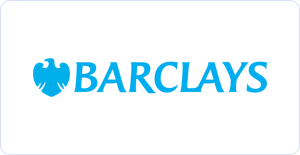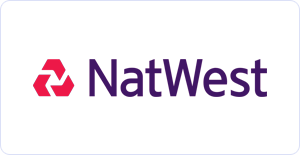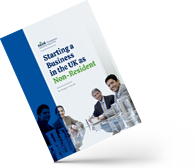We're Companies House
authorised
We are a Companies House-authorised formations company. With this kind of protection, you can trust our advice when it comes to your UK company formation.
Step by step
UK company formation
From the moment you conceive your initial business idea to the day your company formation is completed, our team will be here to support you with anything you need.
Exclusive deals
and special offers
We have negotiated exclusive deals and offers for our customers, including website, bank account, accountancy services, digital marketing, and other powerful assets.
100% transparent price
(No hidden charges)
Like for like, our prices are the best in the industry. We offer 100% transparency and no hidden charges. Get your new company set up at a highly competitive price.
Non-resident
packages
We specialise in helping overseas nationals and non-UK residents to quickly incorporate their UK company following all the required regulatory compliance.
Fast-tracked
business bank account
With our formation packages, there is no more waiting for appointments. We will fast-track your
business bank account with Barclays
, Lloyds, and other financial institutions.


























